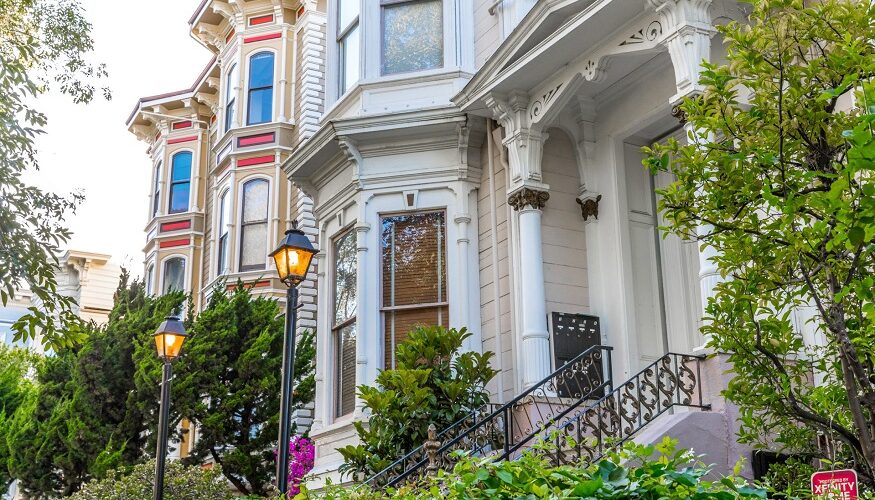Home prices have seemingly skyrocketed over the past two years and with the concern of inflation and the stock market taking a downturn some owners are wondering if they should sell their homes to benefit from the large sum of equity. It is understandable to want to sell a property that has seen a large increase in value. The one downside to this could be your tax responsibility.
It is probable that you would be responsible for a capital gains tax of at least 15% and possibly another 25% on the recaptured depreciation. Say someone purchased a rental property for $200,000 just a few years ago and is able to now sell it for $350,000. This could mean about $25,000 in potential tax responsibilities and on top of this are fees paid to get the property sold.
A different strategy could be to use a 1031 exchange. This will allow a property owner to sell and not be held responsible for paying taxes as long as the money is reinvested into a new real estate investment.
Steps in a 1031 exchange
First, you will want to find an intermediary
Handling any money that comes from the sale of the property will clear out the 1031 classification. You want to find a trustworthy local intermediary that can work the transaction with you.
Sell the property
This is a key part of the transaction. You might decide to hold off on closing on the sale until you have started some of the following steps, however.
Identify a replacement target
When you have sold the property there is a 45-day window to identify your replacement investment and you must purchase one of the target properties you identify. This money can be invested in more than one new property as long as the purchase price total exceeds the net sale price of the previous property you sold.
Specific new purchased targets need to be communicated in writing to the intermediary by the 45-day deadline. You are able to list up to three properties with an unlimited total purchase price or an unlimited number of properties with a max purchase price of 200% of the sale price of the property you just sold.
Close the purchase of a replacement property
After you close on the sale of your property you have a 180-day window from that closing date to close on the purchase of your next investment property. When you close the net purchase price and net sales price of those two transactions will be compared to make sure that the 1031 exchange was done within legal parameters. It is also used to help calculate the new cost basis of the property for taxes.
Related: How Higher Property Values Benefit Owners
“On another note, it is good to find a trustworthy CPA to also help with the transition of selling one property and purchasing another. You may still owe some taxes depending upon the debt from the original property and how much is owed on the new property. Having a CPA on your side will help to ensure that you are doing things properly and know exactly how much you are responsible for.” – Additional Tip by Mountain View CA Realtor, Amar

